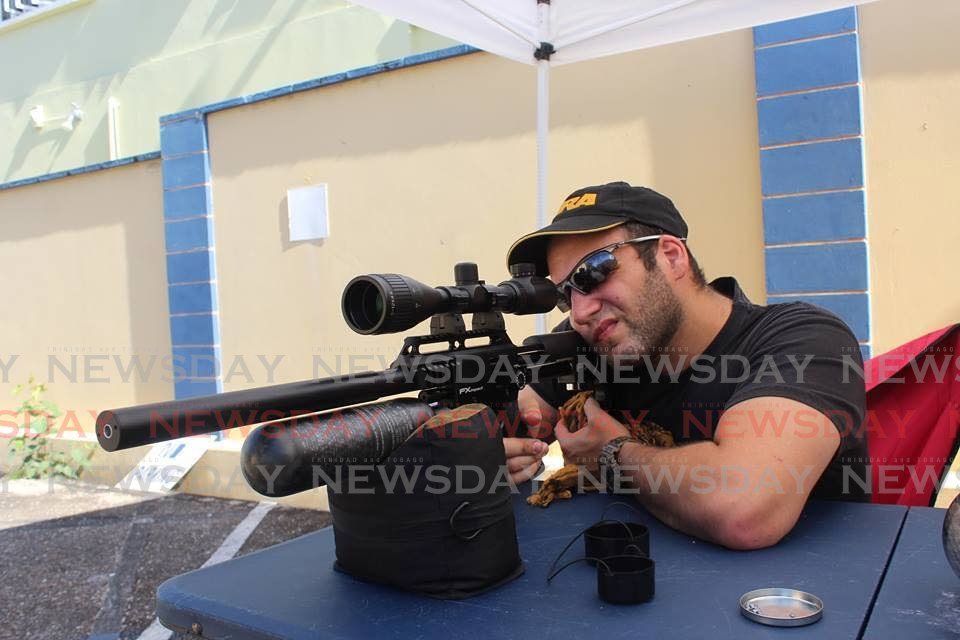Anti-terror consultant: Explosives found at prison meant for warfare

Law enforcement consultant Paul Nahous says a revised approach to explosive devices is needed from a legislative and operational standpoint to avoid the entry and use of these weapons in Trinidad and Tobago.
Nahous was responding to Newsday's questions via e-mail on Friday. He was trained as an anti-terrorism officer in the US and a counter-terrorism instructor in Israel.
He said the discovery of C4 explosives outside the Arouca Maximum Security Prison (MSP) on Wednesday night was cause for concern. These types of explosives were specially designed for warfare, he said.
Citing the confirmed use of C4 explosives during the "Caracas drone attack" in Venezuela in 2018, Nahous suggested that it would only be a be a matter of time before such explosives make their way to TT.
"It confirms that it (C4) is in use in Venezuela which means it can easily make its way onto the black market in Trinidad and Tobago (like everything else).
"I think that the Explosives Act 16:02 needs to be reviewed immediately and the highest penalties that can be drafted should apply to persons found with explosives of this grade (and explosive devices for nefarious purposes in general)."
He said programmes for national security personnel particularly police, "should be put in place so that a first responder knows what to do and what not to do to secure the area for the bomb-handling units.
"Essentially we should treat this in a similar manner as the US did during the era of bomb and anthrax scares where there was public education as to safe measures to take. This covers the legislative, protective, and civil side giving it a comprehensive approach."
Nahous said in addition to being a much more powerful explosive than conventional blast materials like dynamite, C4 was a "putty-like" material which could be moulded into shape to fit any container, or applied by pressing it into cracks to destroy the structure of buildings from the inside.
Despite this, he noted that it was a relatively stable material to handle and would only be detonated through a special device requiring someone with special training in explosives.
"It would take someone trained to rig the detonation device to unleash its devastation.
"My concern is there are both retuning ex-ISIS members, as well as ex-military specialists from Venezuela who would be looking to ply their trade. With the right training and know-how this can be done in a garage or workshop with tools and parts that can be found in electronic stores and hardwares.
"This is not regular 'boy-on-the-block' equipment in any sense, while anyone can be sent to deploy it the ones with training can programme or remotely detonate it."
Nahous said even with these concerns he was optimistic national security agencies would take the necessary measures to guard against these threats.


Comments
"Anti-terror consultant: Explosives found at prison meant for warfare"